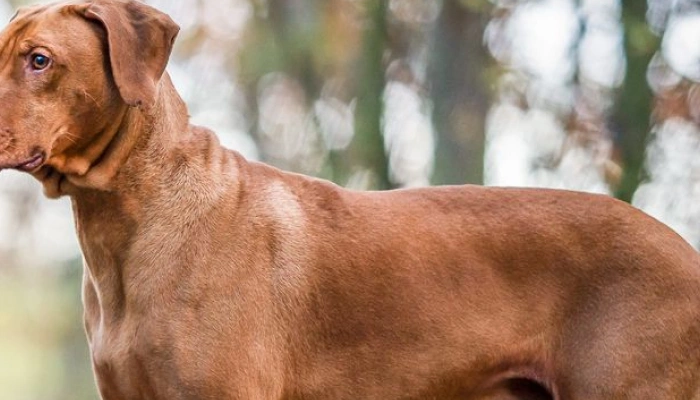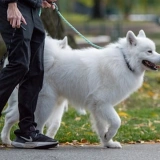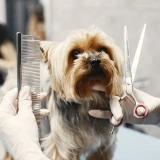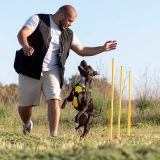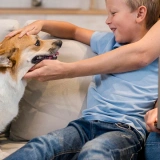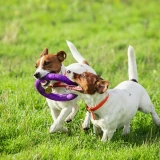The Rhodesian Ridgeback originated in Southern Africa, where it was bred by crossing European hunting dogs with native African breeds. Known for the distinct ridge of backward-growing hair along its spine, the Ridgeback was used to track and corner lions, earning it the nickname “African Lion Hound.”
Today, the breed is appreciated for its courage, loyalty, and sleek, athletic build. Ridgebacks are independent thinkers, and while they are affectionate with family, they tend to be reserved with strangers. Their strength and intelligence make them great companions for experienced dog owners who can provide proper leadership.
They thrive in active homes and need both physical and mental stimulation. Ridgebacks are clean, low-maintenance dogs that love being part of the family — especially if they have a job or a challenge to keep them engaged.

